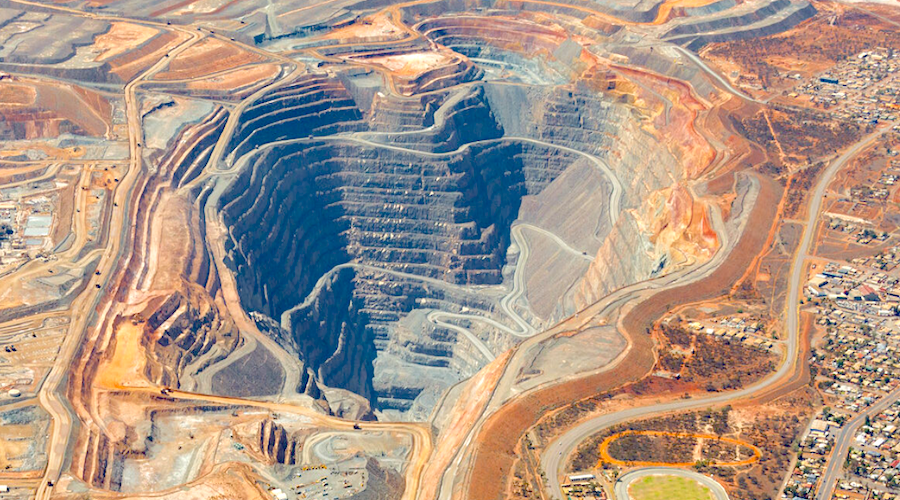Now Castleton Commodities International LLC, the trader backed by hedge fund luminaries including Paul Tudor Jones, is sitting on a veritable gold mine as a scramble for aluminum unfolds in the wake of U.S. sanctions against United Co. Rusal and Donald Trump’s aluminum tariffs.
Castleton has started selling down its aluminum stash, which at its peak held about 500,000 metric tons of the metal, according to people familiar with the matter. That would be worth about $1.5 billion at today’s prices.
Sales for around half of that volume have already been agreed, and the trading house is making regular shipments out of the facility in Braithwaite, Louisiana, one of the people said, asking not to be named discussing private matters. Among the buyers: Glencore Plc, the top buyer of Rusal’s aluminum, which has been forced to scramble to cover its obligations to supply customers after the sanctions on the Russian company.
Glencore and Castleton declined to comment.
The stash of aluminum is so sizable satellites can see it: images from Google Earth show an area near the Mississippi River where metal is stacked in neat piles in the open air. That’s unusual, traders mostly store metal in warehouses, but it means Castleton’s storage costs are much lower than if they were holding the metal in some of the exchange-registered depots located nearby.
Castleton began to accumulate the metal in 2016 when aluminum supplies were plentiful and prices were near multi-year lows.
It was a bet that U.S. aluminum buyers were overly complacent about supplies amid domestic smelter closures, and that the market would eventually tighten, driving up premiums — the price of a parcel of physical metal above the benchmark futures contract.
Traders who finance metal inventory typically hedge their exposure to the futures price, but stand to make money if the premium rises. And the premium has risen dramatically: in 2016 and 2017, when Castleton was accumulating aluminum, the U.S. premium was trading well below 10 cents per pound ($220 a ton). Since the start of this year, it has more than doubled.
To be sure, the trade also had costs: Castleton needed to pay to finance the stockpile as well as the expense of hedging on the London Metal Exchange. And some of the metal in Castleton’s stock was produced by Rusal, people familiar with the matter said, potentially making it harder to sell to U.S. companies nervous about the sanctions.
Castleton, led by former hedge fund manager William Reed, is largely focused on energy trading, but has been growing its metals division since hiring former JPMorgan Chase & Co. executive Peter Sellars to lead it in 2015.
The backers of Castleton include hedge fund veterans Tudor Jones, Highbridge Capital Management founder Glenn Dubin and Timothy Barakett, founder of hedge fund Atticus Capital LP.
Other Castleton investors include families who made their fortunes in commodities such as the Oppenheimers, who founded Anglo American Plc a century ago; the Belfers, who built a fortune in oil; and the Fribourgs, who sold the grain trading arm of their Continental Grain Co. business to Cargill Inc. in 1999.
Josh Steiner, head of industry verticals at Bloomberg LP, the parent of Bloomberg News, is a non-executive director of Castleton.
(Written by Jack Farchy, Andy Hoffman and Mark Burton)





Comments